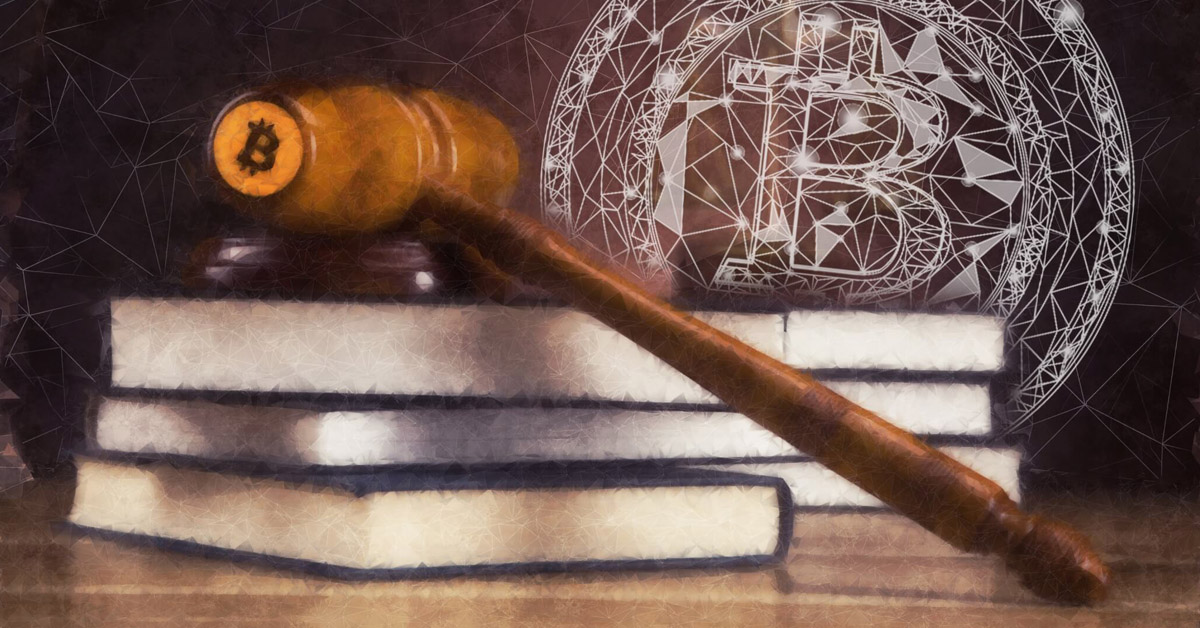 By Charissa Ball and Yan Li, CONYERS
By Charissa Ball and Yan Li, CONYERS
British Virgin Islands
There is no specific regulation on the sale of virtual assets and virtual asset services in or from within the British Virgin Islands (BVI). On July 13, 2020, the BVI Financial Services Commission (FSC) issued guidance providing some clarity on the treatment of virtual assets and virtual assets services under existing BVI legislation. In particular, the guidance gives the FSC’s current views on the treatment of virtual assets as “investments” and virtual assets services as “investment business activities” under the Securities and Investment Business Act, 2010 (as amended) (SIBA).
FSC’s guidance indicates that virtual assets and related products useable as payment only for goods and services (e.g. utility token) would not be caught under the existing financial services legislation. On the other hand, where the virtual asset or investment activity provide a benefit or right beyond a medium of exchange, this may constitute as an “investment” under SIBA.
When a virtual asset constitutes an “investment”, persons carrying on an “investment business activity” will require a licence or approval under SIBA, subject to certain exclusions. Examples of “investment business activities” include investment manager/advisor services and operation of investment exchanges.
For SIBA licensing/approval, a written application in the approved form is required. Additional documents or information, as reasonably required by the FSC to determine the application, will also need to be provided.
Pending the introduction of a regulatory sandbox, there is currently a six-month transition period from publication date of the guidance for relevant entities carrying on investment business activities relating to virtual assets to become compliant with the applicable BVI legislation (including SIBA).
Cayman Islands
Until recently, the Cayman Islands had no legislation specifically regulating virtual assets or virtual asset services in or from within the Cayman Islands. A new regulatory regime came into place on May 25, 2020 through the introduction of the Virtual Asset (Service Providers) Law 2020 making it mandatory for providers of “virtual asset service” to be licensed or registered. Under the law, “virtual asset service” is given a very broad definition, which covers the issuance, exchange, transfer, custodial services and “participation in, and provision of, financial services related to a virtual asset”.
The new licensing regime requires virtual asset service providers (VASPs) to maintain minimum standards, including having a registered office in the Cayman Islands and compliance with regulations such as the Cayman Islands AML/CFT regime1 and Data Protection Law. Other requirements are imposed on those offering virtual asset custody services or virtual asset trading platforms.
Depending on the nature of the virtual asset services to be provided, VASPs are required by the Cayman Islands Monetary Authority (CIMA) to be registered, licensed (whether under a virtual asset service licence or a sandbox licence) or operating under a waiver given by CIMA.
The issuance of sandbox licences provides room for new and innovative technologies. A sandbox licence allows the best approach to regulation of new technologies and innovative activities to be assessed, and could be granted for a period of up to a year. The authorities may revoke the sandbox licence at any point of time if the licensee fails to comply with any requirements imposed, or if the authorities are of the view that the sandbox licence is no longer necessary.
Bermuda
In 2018, Bermuda introduced the Digital Asset Business Act 2018 (as amended) (DABA) regulating licensing for carrying on digital asset business in or from Bermuda. This is separate from the regulatory regime on issuance of digital assets covered by the new Digital Asset Issuance Act 2020, which became effective on May 6, 2020 and replaced the ‘Initial Coin Offering’ legislation of 2018 and related regulations.
Bermuda digital asset service providers are subject to oversight by the Bermuda Monetary Authority (BMA). Under DABA, those that are in scope require a licence from the BMA to provide digital assets services to the public in Bermuda. Examples include digital asset derivative exchange providers, digital asset benchmark administrators and digital asset trust services providers.
Application for licensing to the BMA is required before carrying on digital asset business. Either one or two classes of licence can be sought: a full digital asset business licence or a sandbox licence. The availability of the sandbox licence is to promote innovation and allow establishment of novelty start-ups to test their new products or services for a defined period of time (which can be extended) under the supervision of the BMA.
_______________________________
1. As provided under the Anti-Money Laundering Regulations (2020 Revision) (as amended)
_______________________________
![]()
Charissa Ball
E: charissa.ball@conyers.com
T: (852) 2842 9550
Yan Li
E: li.yan@conyers.com
T: (65) 6603 0709


